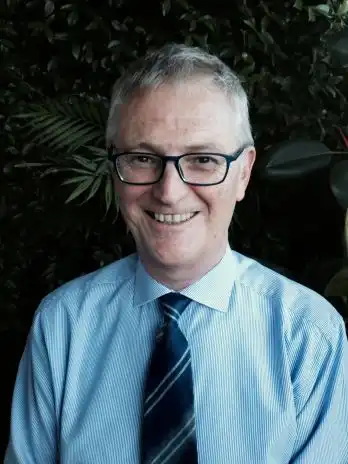Accueil>Towards a European Social Union
05.03.2019
Towards a European Social Union
À propos de cet événement
Le 05 mars 2019 de 16:00 à 18:00
LIEPP and Sciences Po School of Public Affairs invite you to the conference:
Towards a European Social Union
Wednesday April 10th 2019 17h00 - 19h00
Amphithéâtre Simone Veil
Sciences Po, 28 rue des Saints Pères, 75007 Paris
Presentation:

Professor of Political Sciences
University of Milan
New institutions are seldom built from scratch. They are typically born through piecing together already existing institutional building blocks in a creative way. In recent years, an important debate has been launched on the possible construction of a fully-fledged European Social Union (ESU), with a view to enhancing the functional coherence and effectiveness of the economic and monetary union as well as its political legitimacy. What are the existing pieces that could be brought together for this ambitious reform?
The paper argues that the first step should be to systematically link five different ingredients: 1) the EU "social" constitutional principles already enshrined in the Lisbon Treaty; 2) EU social policies and coordination tools in the wide sense which are already existing (from the newly established European Pillar of Social Rights to the European Semester and the Cohesion Funds); 3) the EU "mobility space" upheld by free movement and social security coordination 4) EU-promoted transnational social programs (cross-regional initiatives and cross-national schemes for occupational benefits); 5) national social protection systems, and in particular their "modernization/social investment agenda" as promoted and supported by the EU.
ESU should start as a limited, by recognizable system of separate but interdependent elements, subject (as in the EMU) to common rules and principles and aimed at sustaining/promoting two types of solidarity: a pan-European solidarity between countries and between individual EU citizens centered on supranational institutions and the more traditional forms of national solidarity, centered on "recalibrated" domestic institutions.
For more information, enter to EuVisions website, aimed at providing update information and analysis of crucial issues related to the Union sociale européenne (European Social Union) and the development of the European Integration Process. It was created as a part of the ERC REScEU (Reconciling Economic and Social Europe: Values, Ideas and Politics) and led by Maurizio Ferrera.
À propos de cet événement
Le 05 mars 2019 de 16:00 à 18:00
